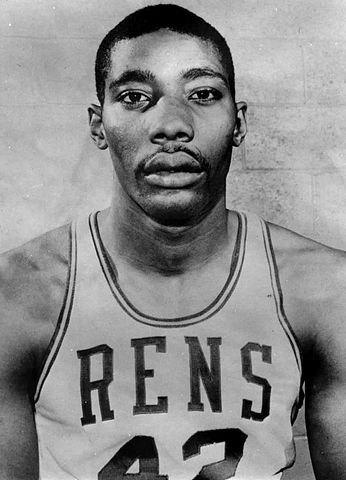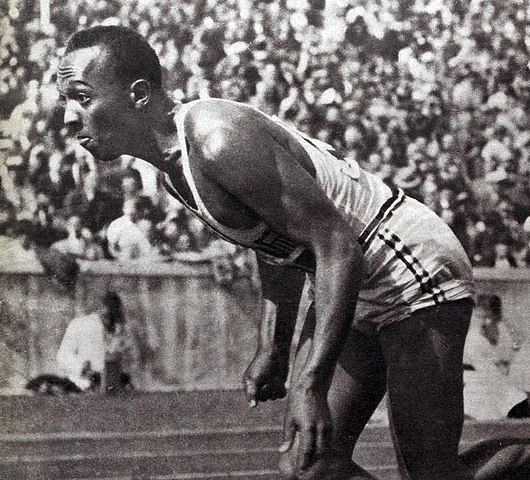"Foul! The Connie Hawkins Story” – a book about injustice and hypocrisy
Blurring between sharp social commentary and another book of bragging about a certain athlete cannot make the work ideal and original
The legends of the National Basketball Association are indeed many. There are a number of great players who are worth making movies about or writing books about. For some, this is already a fact. One of them is Connie Hawkins, also known as "The Hawk", about whom David Wolff wrote the wonderful biography "Foul! The Connie Hawkins Story", translated into Bulgarian "Foul! The Connie Hounix Story'. The reason is that it's worth all the fortunes from the neighborhood basketball courts to the NBA that went through a series of hardships during Hawkins' high school and college education to be collected into one beautiful creation.
Even in school, Connie impresses with his basketball skills, and although he reads at the level of a seventh grader and has an IQ of only 65, 250 colleges offer him to become a part of them. He eventually settled on the University of Iowa, which somehow managed to land him an athletic scholarship. However, he subsequently finds himself involved in a gambling scandal and forced to make false confessions. In addition to being kicked out of college, he was also banned from the NBA. All this without a conviction and without even an accusation against him.
However, the author of the book became one of the reasons that, after 8 years in exile, the "Hawk" regained the right to play in the association. David Wolff has written articles in which he presents evidence that Hawkins never had anything to do with the gamblers, but was simply tricked into confessing to something he did not do.
It is this intervention of Wolff that makes him write the book, in which it is evident that the author has lost some of his objectivity. It shows how a disadvantaged black man fell victim to unscrupulous criminals who used basketball to lure him into a dangerous scheme. However, overdoing some descriptions from the locker room or during matches, only to praise Cory's capabilities, can slightly burden the reader.
Of course, it's clear to everyone what Hawkins did in the years he wasn't able to be a part of the NBA and how successful he became after that, but surely the dozens of pages of praise are a bit excessive. Moreover, it is about a player whose education is much lower than the minimum required to become a full-fledged basketball player. Wolff even realizes this at one point with some of his words about Connie.
The player is presented as a sympathetic figure in the pages of the book, not least because his promising talent as a child makes the injustice he has had to endure more than abhorrent. He was also an insecure child who found salvation in play. Connie grew up in the ghetto, on playgrounds and witnessing horrific police brutality. He is wooed by hypocritical college officials to use him and totally ruin his life without really caring about his qualities.
Part of the nice thing about Foul! is the fact that the author has kept the ghetto slang of Hawkins and the others involved in his story intact. This seems extremely effective when seeking authenticity and trying to evoke sympathy in readers. The bad thing is that it's a far cry from Wolfe's familiar style.
"Foul! The story of Corey Hawkins" is a book that wants to share with us about injustice and hypocrisy, to show us that a talented young man cannot fulfill his dream because he is unceremoniously used by cunning fraudsters. Instead of emphasizing this, the author David Wolfe does not stop praising the athlete and turns his work into another book about a basketball player, instead of making it a sharp social commentary.




